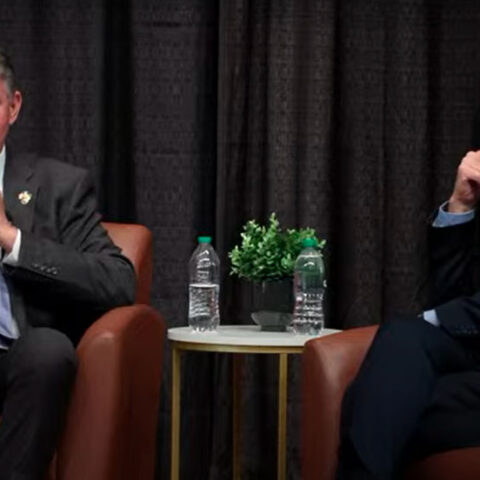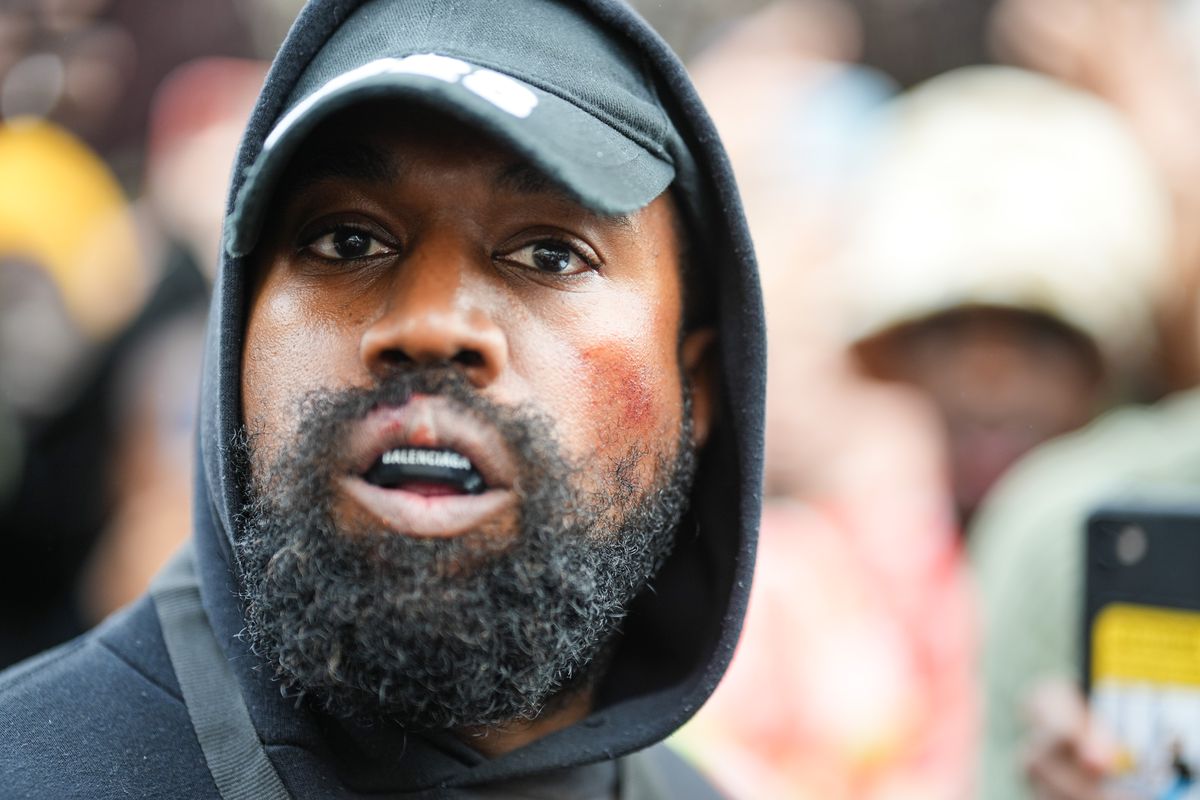By: Fatima Youssef
Question: Contemporary culture in America emphasizes being an individual as more important than being a citizen. Do you agree or disagree?
 Sociological studies have exposed that there is no better time to feel American than during war time. The tragic events of 9/11 are noted as one of the most unifying experiences of modern U.S. citizenship. Is this phenomenon simply an amplified version of an ever-present sentiment of citizenry? Or have values of citizenship been replaced with those of individualism, and become the defining characteristic of contemporary Americanism? After interviewing thirty individuals from different ethnicities, professions, and age groups, only one conclusion is sure – there is no clear consensus on this issue. The complexities of this topic are reflective of a diverse society and America’s mixed feelings about what it means to be a citizen today.
Sociological studies have exposed that there is no better time to feel American than during war time. The tragic events of 9/11 are noted as one of the most unifying experiences of modern U.S. citizenship. Is this phenomenon simply an amplified version of an ever-present sentiment of citizenry? Or have values of citizenship been replaced with those of individualism, and become the defining characteristic of contemporary Americanism? After interviewing thirty individuals from different ethnicities, professions, and age groups, only one conclusion is sure – there is no clear consensus on this issue. The complexities of this topic are reflective of a diverse society and America’s mixed feelings about what it means to be a citizen today.
In the small survey that I conducted I asked participants three questions:
1. Do you feel that you possess more values of individualism or citizenship?
2. On a scale of one to ten (1 being unimportant and 10 being extremely important), how important is it for you to maintain that value?
3. What aspects of your life would you say have had the most influence on this value? In other words, what has reinforced this principle in your life?
To question one, eleven of thirty participants answered citizenship, fourteen answered individualism, three answered both, and 2 answered neither. Recognizing the limits of my research, I decided to focus this study on the various reasons participants gave for their answers, rather than attempt a comprehensive report on their results.
Heightened nationalism during wartime is a global phenomenon not limited to the United States. However, it is interesting to note that two participants alluded to this in their interviews. One participant, who chose to remain anonymous, stated that her answer to question one depended on “what the current state of the country is.” She went on to explain that she mainly possesses values of individualism, but “if the country or nation would be in a more critical state, such as 9/11, [she feels] more citizenship values due to people’s tendency to unite.” Unification in the face of a common enemy is easy when the enemy makes an overt terroristic attack on innocent civilians. However, this kind of unifying hyper-nationalism is arguably less common with declining popularity of American missions abroad which could be attributed to the exposure of American Military embarrassments such as the My Lai Massacres, or the tortures of Abu Ghraib for example; all of which perhaps contribute to an upsurge in American distrust in the government, and some might even argue, the decline of U.S. citizenry.
One participant who answered “individualism” to question one referred to this sort of distrust in our government system’s intentions. This anonymous participant stated that her strength as an individual is what makes our country strong. She went on to elaborate that “surrendering [her]self to a propaganda machine would be self-destructive.” This reveals a point certainly worth mentioning. Some of the participants I interviewed noted that the diminished credibility they observed in our government contributed largely to their reasons for identifying as individuals before citizens – this is due to the obvious relationship between government and “being a citizen”.
Similarly, a twenty-four year old anonymous participant who answered “Individualism” to question one stated that this value is extremely important to him because “working for a corporation has shown [him] that being an individual is far more important than being a follower of the masses.” In other words, like other Americans, this participant is not comfortable with the idea of citizenship because he views active citizenship as being a part of a greater government organization and supporting its general efforts – which he does not.
Conversely, of the participants who answered “citizenship” to question one, six expressed that it was specifically because of this affiliation that being a citizen had with a greater organization such as government that they possess those qualities. One twenty year-old participant, employed by the U.S. Military, said that he possesses more values aligned with citizenship, and that it is extremely important to him to maintain these values. This participant voiced that his employment with the U.S. Military contributes to his values when he said “I am a soldier, but I am a citizen when not in uniform.” Another participant also answered citizenship to question one and conveyed an appreciation for being part of a greater organization and “sense of unity” by stating that “[she likes] to know that [she] is a part of something, which makes [her] outlook on life more positive.” On the other hand, one participant that answered neither individualism nor citizenship to question said that she “views [her]self as more of a global citizen than an American.” However, this participant recognized the importance of citizenship by expounding that “citizenship is an important political right… that gives one a sense of power and inclusion.”
Another common theme that I was able to detect was the influence of being from an immigrant family. Three second-generation immigrants to the U.S. chose “individualism” to answer question one and each of them gave reasons pertaining to their migrant heritage. One participant said that she “defines [herself] by [her] personal values and heritage, which are not completely American.” Another participant that chose “individualism” to question one listed “daughter of immigrants” as her primary reason for possessing values of individualism over principles of citizenship. In a society as diverse as the U.S.’, it wouldn’t be far-fetch to assume that this occurrence would also be reflected in a more inclusive survey of our nation.
The role of religion seemed to be another recurring factor. A twenty year old student participant at the University of Georgia said she “[doesn’t] strongly identify with [her] U.S. citizenship because of [her] religion and its association with a different country.” Religion was mentioned as part of the rationale for another participants answer. This participant, however, answered “citizenship” and explained that this was partly due to “inspiration from Catholic author and activist Dorothy Daye.”
Studies have shown the statistical diminishment of trust U.S. citizens have in our government and often blame this spectacle for what has been called the “Decline of U.S. patriotism”. But can this theory be applied across the board? Of course not! There’s no “One Size Fits All” answer to this question, and my study confirms this. Being such a heterogeneous people, our reasons for identifying one way or the other should be expected to be equally as diverse. I would even argue that trying to reduce such a complex phenomenon to any single explanation is not only inaccurate, but aimless.

